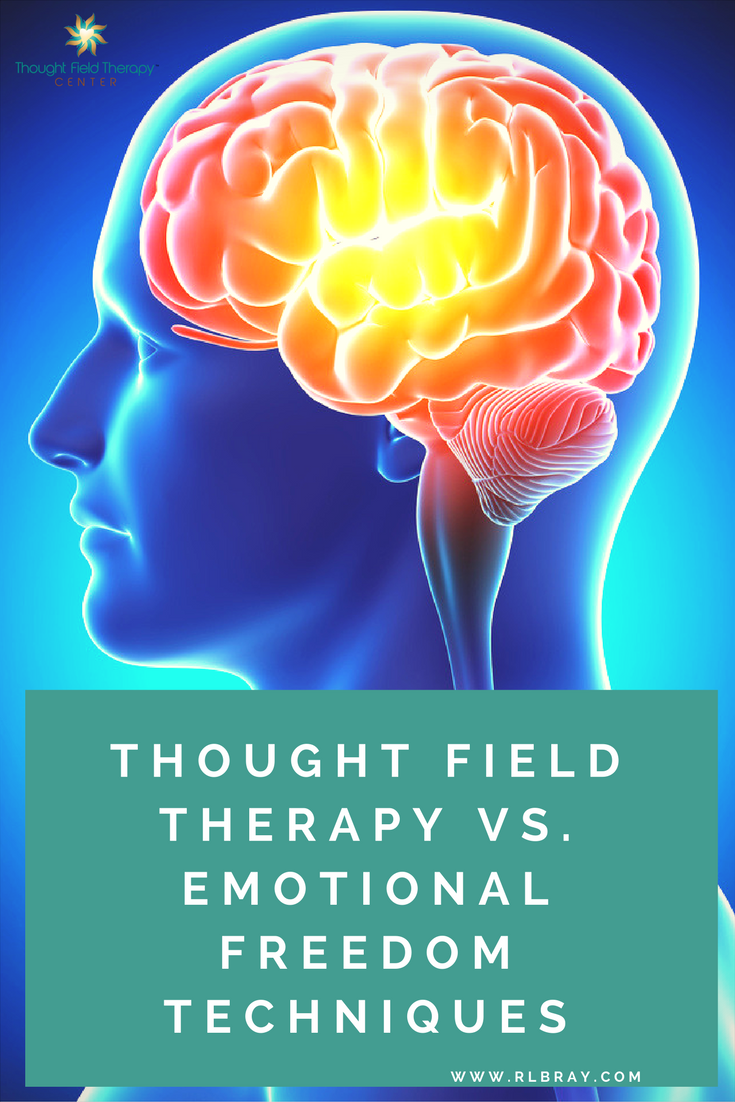

It is often where the needs are greatest that mental health services are least prepared to respond. In low- and middle-income countries (LMICs), where mental health expenditure is typically below two dollars per capita, existing services are often heavily centralised, overstretched, and unable to cope with further disruptions to supply chains, destruction of infrastructure, loss of staff, and other common challenges encountered in crisis situations. Īddressing the mental health needs of populations affected by humanitarian crises is particularly challenging in low-resource settings. (2019) estimates a 22.1% point-prevalence for CMDs in conflict-affected populations, even after adjusting for comorbidity over a third are moderate (4.0%) or severe cases (4.3%) of CMDs. A recent meta-analysis by Charlson et al. Meanwhile, it can also worsen the severity of pre-existing mental health conditions. Exposure to conflict, disasters, and other situations of extreme adversity increases the risk of developing common mental disorders (CMDs) such as depression, anxiety, and other stress-related conditions, as well as alcohol and substance use disorders. These trends have worrying implications for global mental health and well-being, which are now included in the United Nations (UN) 2030 Sustainable Development Agenda. Emerging risks resulting from climate change, difficult-to-control infectious diseases, escalating political conflicts and a global economic recession will continue to pose serious threats, even after the worst of the COVID-19 pandemic is over. In the year 2021, a record-breaking one in every 33 people will need humanitarian assistance (up from one in 45 people in 2020).

THOUGHT FIELD THERAPY SCHOLAR REGISTRATION
PROSPERO registration number: CRD42017058287.
THOUGHT FIELD THERAPY SCHOLAR HOW TO
We make several recommendations on how to improve the quality and generalisability of research on this topic, to facilitate further evidence synthesis. ConclusionĪlthough results are promising, particularly for individually-delivered talk therapies based on cognitive behavioural therapy techniques, there is a high degree of heterogeneity in this literature. Implementation research generally found these interventions to be acceptable, appropriate and feasible to implement, with good fidelity to manualised therapies. Every evaluation of the effectiveness of lay-delivered talk therapies for adults affected by humanitarian crises in LMICs showed some treatment effect for at least one CMD, and often multiple CMDs. We identified 23 unique studies and carried out a narrative synthesis of patient and implementation outcome data. Any disagreements were discussed and referred to a third reviewer as needed. Quality appraisal and data extraction were carried out by a single reviewer and checked by a second reviewer, using standardised tools. All titles, abstracts, and full-texts were independently double-screened. A preliminary list of included studies was circulated to topical experts for review, and all included studies were backward and forward searched. We also hand-searched the contents pages of three academic journals, reference lists of 30 systematic reviews, and online resource directories of two mental health networks. Seven electronic databases were searched: MEDLINE, Embase, PsycINFO, PsycEXTRA, Global Health, Cochrane Library, and. This paper reports the results of a systematic review of qualitative, quantitative, and mixed-methods studies assessing the implementation and/or effectiveness of talk therapies for CMDs when provided by lay workers in LMICs to adults who have survived or are currently living in humanitarian situations. However, there has not yet been a systematic review and synthesis of this evidence. mhGAP-HIG acknowledges a growing body of evidence suggesting these interventions can be delivered by lay workers to people affected by humanitarian crises in low- and middle-income countries (LMICs).

Published by the World Health Organization (WHO) and United Nations High Commissioner for Refugees (UNHCR) in 2015, the mental health Gap Action Programme Humanitarian Intervention Guide (mhGAP-HIG) recommends brief versions of structured psychological interventions for people experiencing symptoms of common mental disorders (CMDs).


 0 kommentar(er)
0 kommentar(er)
